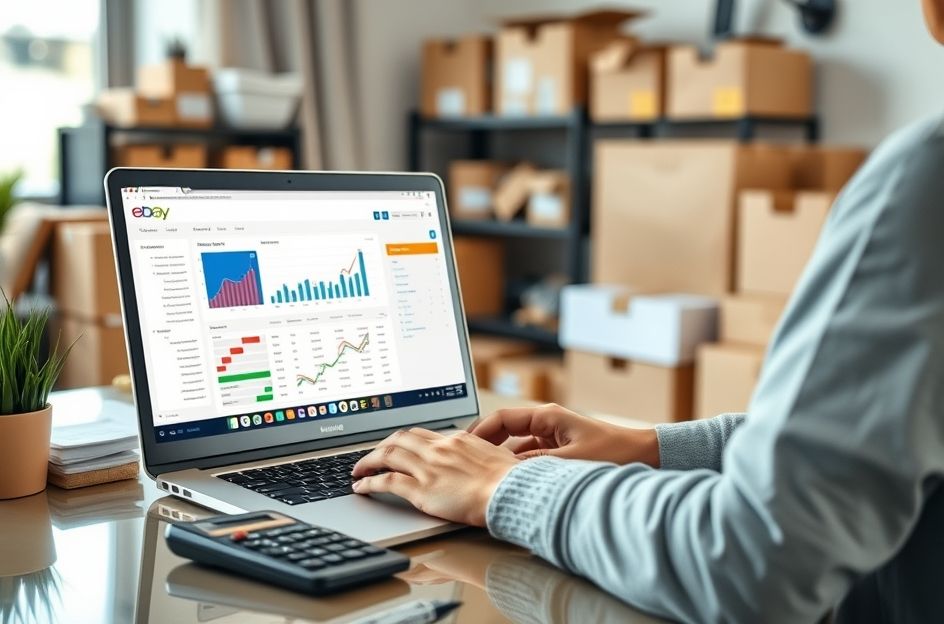Selling on eBay can be a lucrative venture, but it’s essential to understand the tax implications. Just like any other form of income, profits earned from eBay sales are generally taxable. While some sellers might avoid declaring these earnings due to perceived difficulties in tracking, adhering to tax laws is crucial for maintaining legitimacy and avoiding potential legal issues.
The Importance of Scale
The more you sell on eBay, the greater the importance of accurately declaring your income. Failure to do so can lead to audits and penalties. If your eBay activities resemble a business – you dedicate significant time, rely on the income, or operate with a business-like approach – you’re likely required to file a Schedule C tax form and pay taxes as a business.
Calculating Taxable Income
Your taxable income from eBay sales is your profit, calculated by subtracting all relevant expenses from your revenue. The formula is straightforward:
Sale Price – Cost of Item – eBay Fees – PayPal Fees – Cost of Postage – Cost of Packing Materials = Taxable Income
For instance, if you sell CDs for $10 each (including shipping), having purchased them for $5 wholesale, the calculation would be:
$10 (Sale Price) – $5 (Cost) – $0.25 (Insertion Fee) – $0.52 (Final Value Fee) – $0.30 (PayPal Fixed Fee) – $0.29 (PayPal Percentage Fee) – $0.37 (Stamp) – $0.50 (Packaging) = $2.77 Taxable Income
Note: eBay’s final value fee is typically around 5.25% on a $10 item, and PayPal’s fees consist of a fixed charge (e.g. $0.30) plus a percentage (e.g. 2.9%) of the sale. These values can vary based on your sales volume and account type.
Year-End Calculations
At the end of the year, calculate your total sales revenue and subtract all associated costs, accounting for any non-paying buyers. Maintaining detailed records of all transactions is highly recommended, although calculating taxes on each transaction isn’t necessary.
Potential Tax Advantages
Paying taxes on your eBay sales can unlock valuable deductions. Business expenses, encompassing all costs in the formula above (excluding the cost of goods), are tax-deductible. Furthermore, you might be able to deduct expenses related to computer equipment, printer supplies, and even a portion of your home office rent.
Disclaimer
This information is for general guidance only. Always consult a qualified accountant for personalized tax advice.
Boosting Profitability
An effective way to offset tax expenses is to increase your profit margin per item. Stay tuned for our upcoming tips on leveraging compelling visuals to attract more bidders and maximize your eBay earnings.
